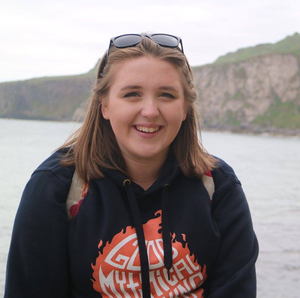Macbeth Act 3 is a pivotal act in the play as the action ratchets up with the murder of Banquo. This study note provides an overview of the action, with interpretation and important quotes highlighted.
Pinned to
2376
0
0
No tags specified

|
Created by Antonia Blankenberg
almost 8 years ago
|
|
Rate this resource by clicking on the stars below:




 (0)
(0)
Ratings (0)
| 0 | ||
| 0 | ||
| 0 | ||
| 0 | ||
| 0 |
0 comments
There are no comments, be the first and leave one below:
Close
9484741
note
2018-09-24T11:42:22Z
